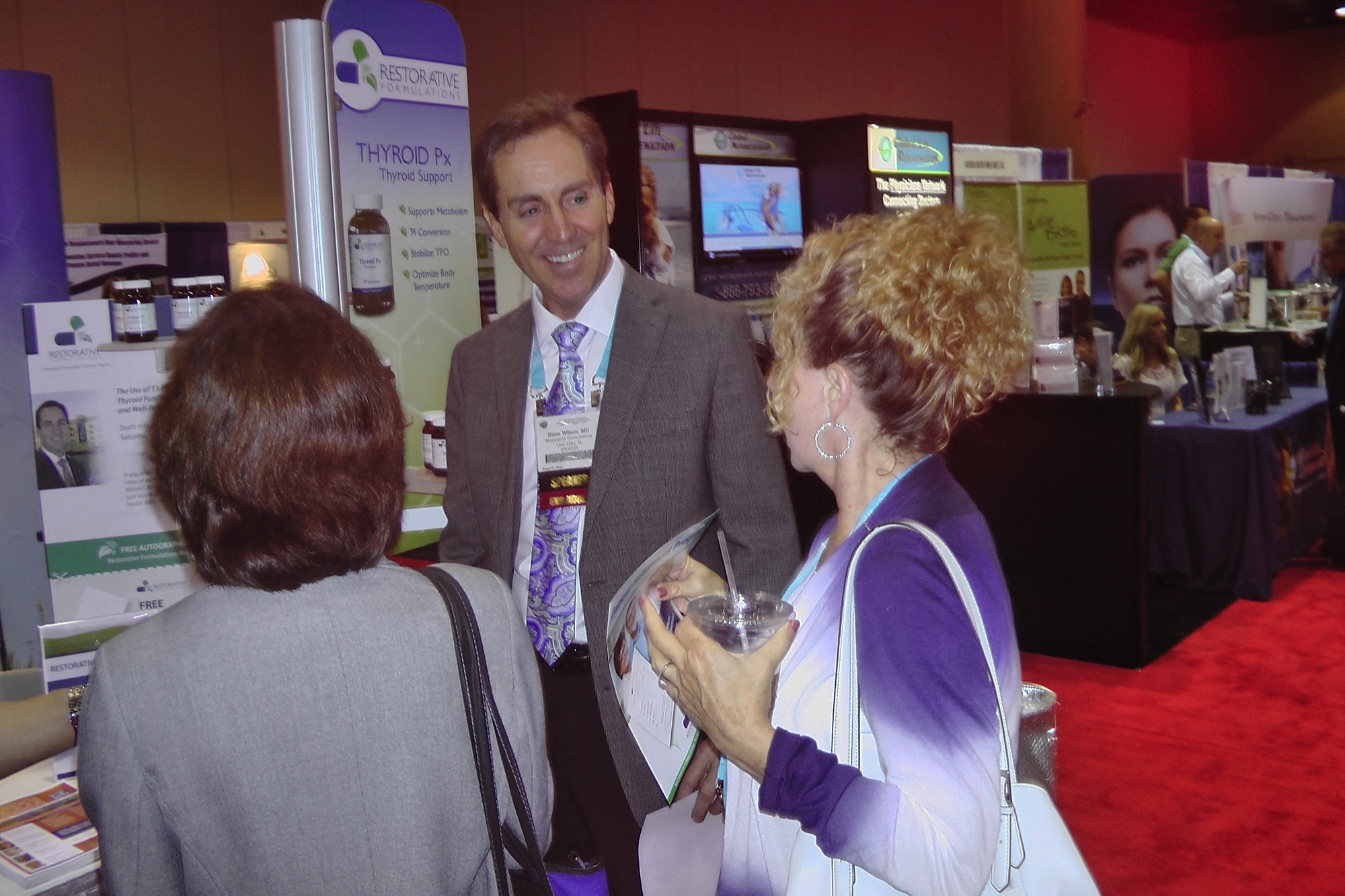When people have high cholesterol levels most doctors don’t think of thyroid and low body temperature. But hypothyroidism can increase the risk of Coronary Heart Disease (CHD) by as much as 25% by increasing LDL cholesterol levels. Many people with low body temperatures and normal thyroid blood tests also have high cholesterol levels that quickly normalize when their body temperatures are raised to normal. Hypothyroidism and low body temperatures can also increase the risk of CHD by increasing obesity and diabetes. Some studies suggest that some patients with acute and chronic cardiovascular problems have impaired T4 to T3 conversion which can make their heart function even worse. For example, one study showed that low T3 is a bigger predictor of death in heart patients than was high cholesterol. Also, T3 levels are lower in patients with progressing atherosclerosis, increasing the risk for angina and myocardial infarction. As it turns out, giving T3 has been found to be helpful before, during, and after open-heart surgery. T3 can also be helpful right after a heart attack because it can reduce the number of heart cells that die. On the other hand, patients with high Reverse T3 after a heart attack are more likely to die. In addition patients with heart failure are more likely to die if their T3 levels are low. Thus, it’s easy to see that supporting thyroid function and normal body temperatures is crucial in supporting normal cholesterol levels and cardiovascular health, and should be considered first.
1. Tesic D, Hashimoto’s hypothyroidism associated with insulin resistance in type 2 diabetes; Med Pregl. 2006 Mar-Apr;59(3-4):175-8.
2. McQuade C, Skugor M, Hypothyroidism and moderate sublinical hypothyroidism are associated with increased all-cause mortality independent of coronary heart diesease risk factors: a PreCIS database study. Thyroid: Official Journal of the American Thyroid Association 2001, 21(8);837-843
3. Meier C, Staub J, TSH-controlled L-thyroxine therapy reduces cholesterol levels and clinical symptoms in subclinical hypothyroidism: A double blind, placebo-controlled trial (Basel Thyroid Study) JCEM, Oct 2001, vol.86 no. 10 4860-4866
4. Iervasi G, Pingitore A, Low-T3 Syndrome a strong prognostic predictor of death in patients with heart disease, Circulation 2003; 107:708-713


Leave A Comment